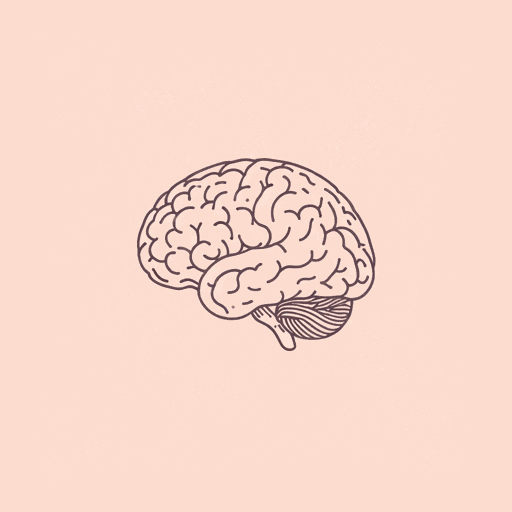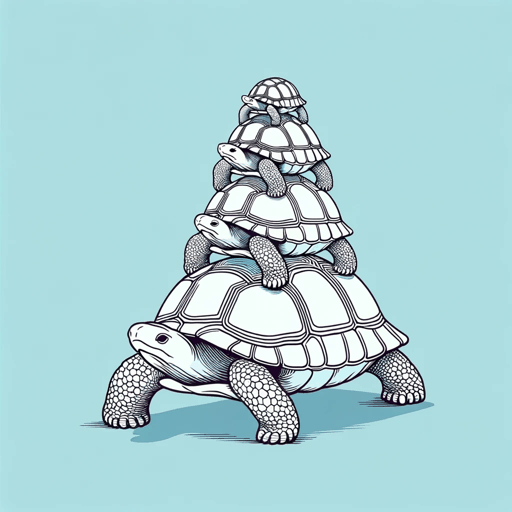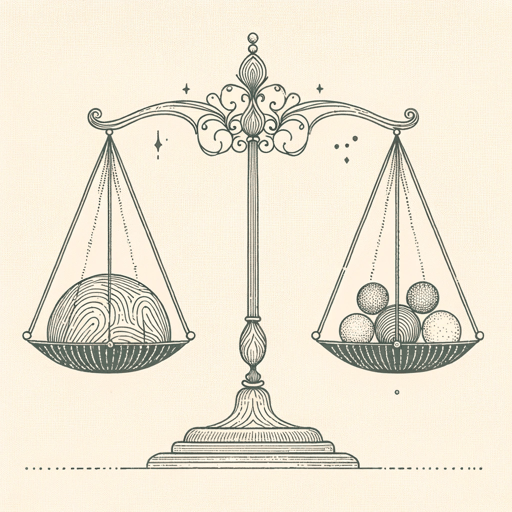92 pages • 3 hours read
Robert M. SapolskyBehave: The Biology of Humans at Our Best and Worst
Nonfiction | Book | Adult | Published in 2017A modern alternative to SparkNotes and CliffsNotes, SuperSummary offers high-quality Study Guides with detailed chapter summaries and analysis of major themes, characters, and more.
Background
Normative Ethics: Deontology and Consequentialism
Early on in Behave, Sapolsky eschews the concepts of right and wrong, good and evil, and prosocial and antisocial in favor of two “concepts that truly defy brevity” (20): best and worst. Sapolsky does so because he writes from the perspective that, though science can tell us much about the reasons we behave in one way or another, it cannot tell us if these behaviors are innately good or bad. This depends on context.
The argument that right and wrong depend on context emerges from Sapolsky’s career as a scientist, but it is indebted to an intellectual history primarily outside of science. This is the field of normative ethics, a genre of philosophy that deals with the moral quality of behaviors. The question of what is right and wrong is one of the earliest strains in philosophy, with different arguments throughout the ages generally categorizable into two competing perspectives: deontological ethics and consequentialist ethics.
Deontology, from the Greek δέον (deon): “rule/duty,” and λόγος (logos): “study,” is the idea that morality is and should be bound by inviolable rules. In this framework, the morality of an act is innate to the act itself depending on whether the act breaks a moral rule.
Related Titles
By Robert M. Sapolsky




